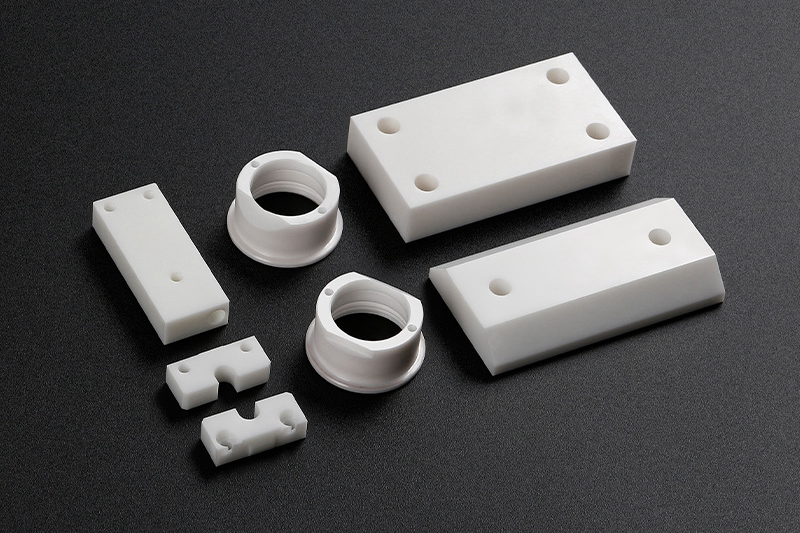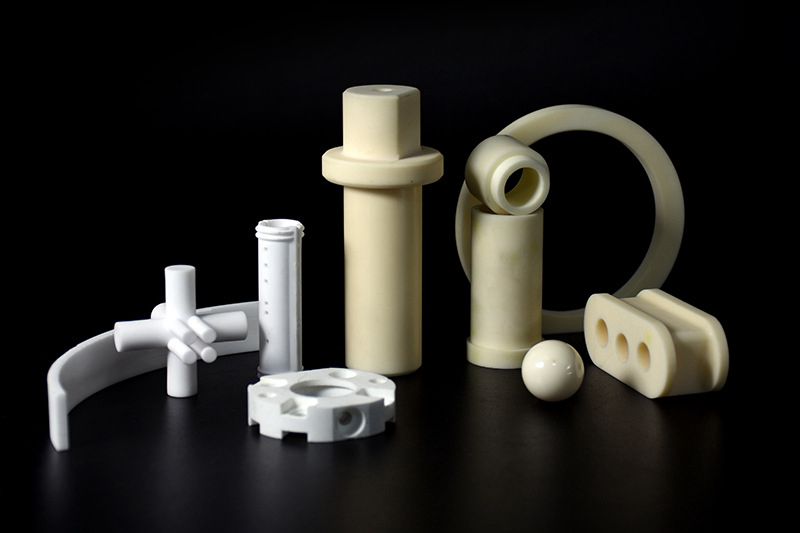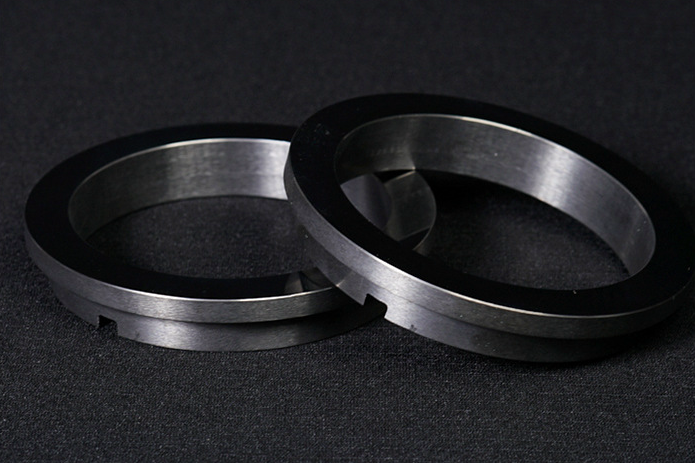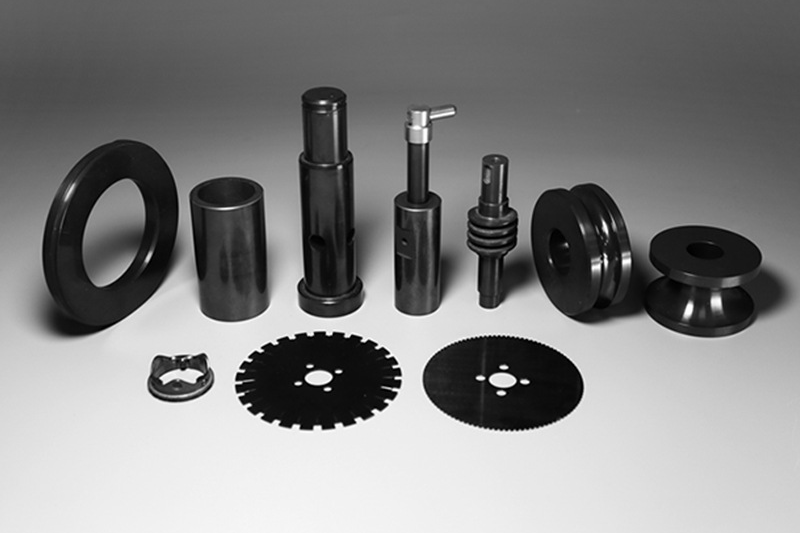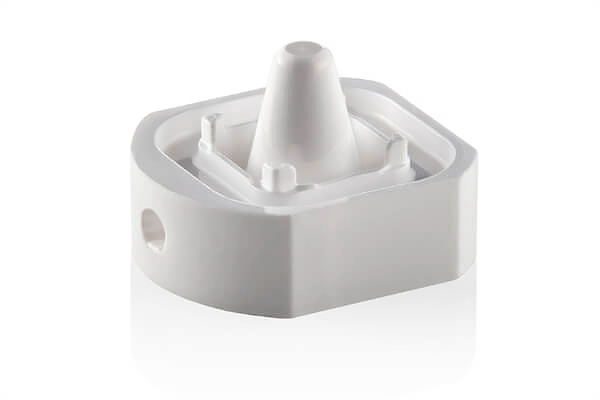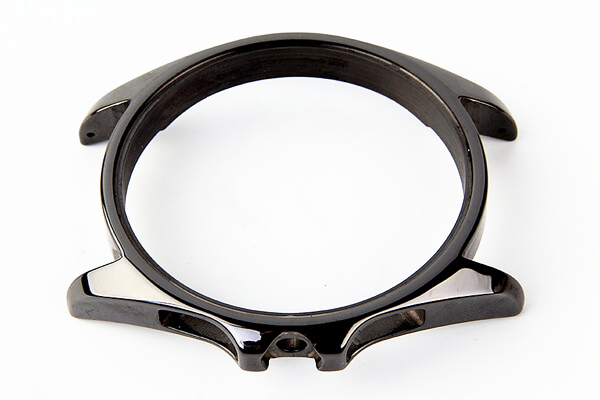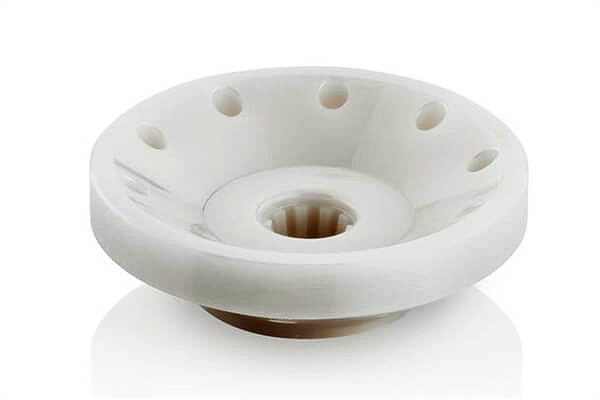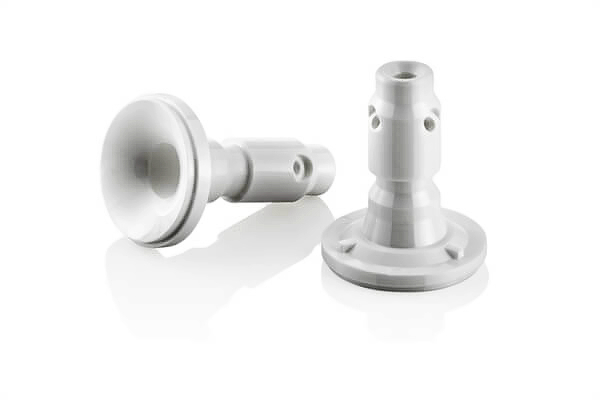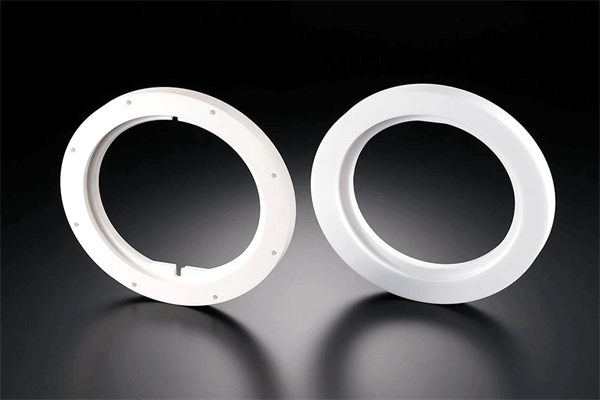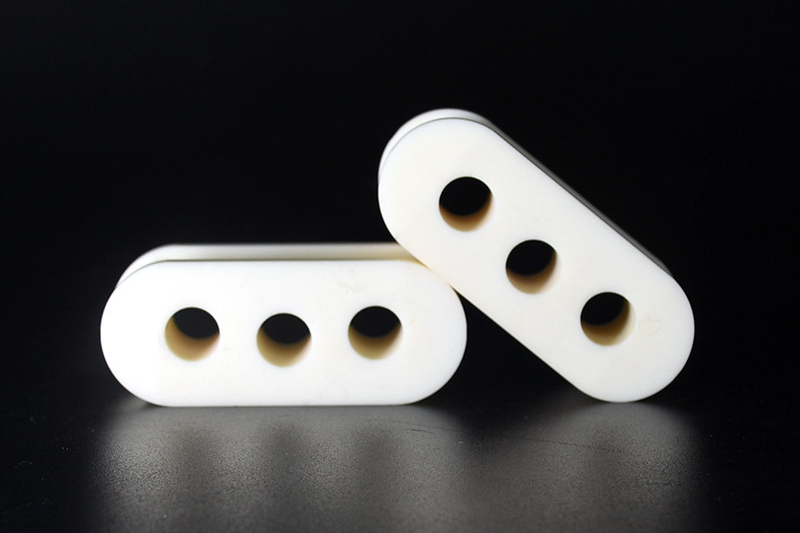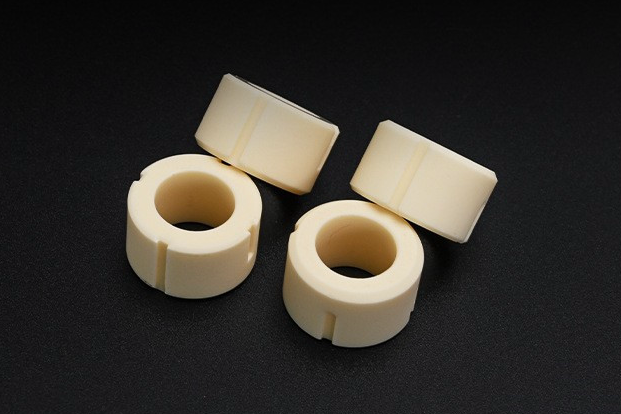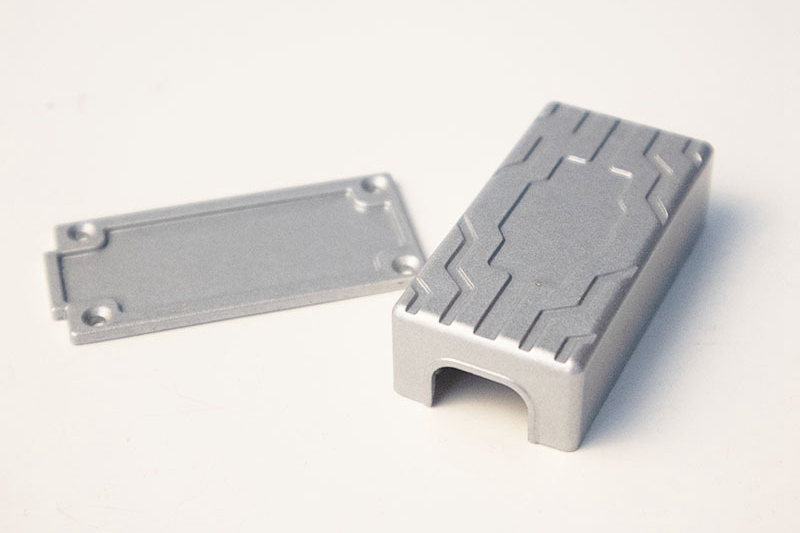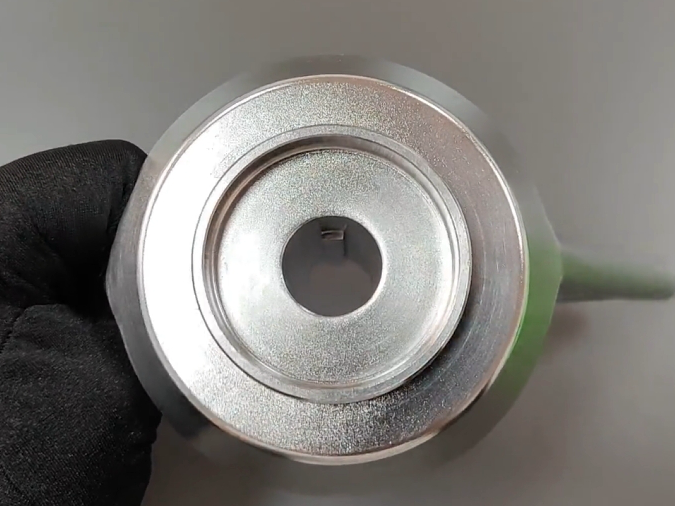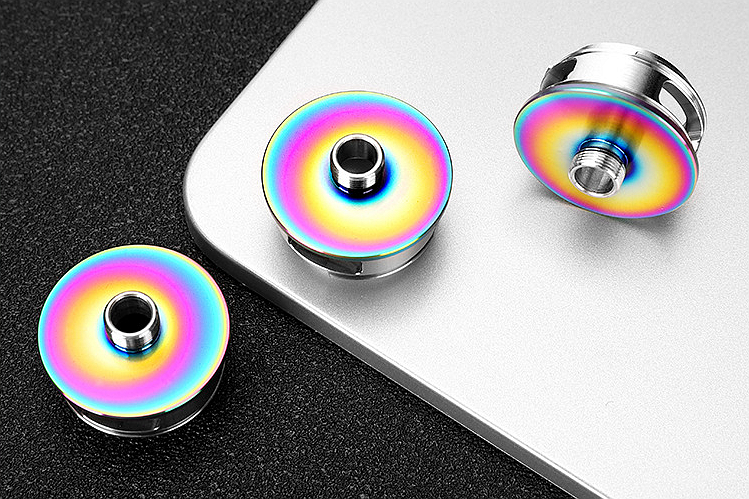Precision Ceramic Parts Manufacturing Service
Neway provides a variety of ceramic processing services, among which CIM is suitable for small and complex precision ceramic parts, such as watch frames. Ceramic hot pressing is suitable for small and medium-sized geometrically symmetrical ceramic parts with simple shapes. Ceramic CNC machining and grinding are suitable for rapid prototyping of ceramic parts and post-processing of ultra-precision ceramic parts.
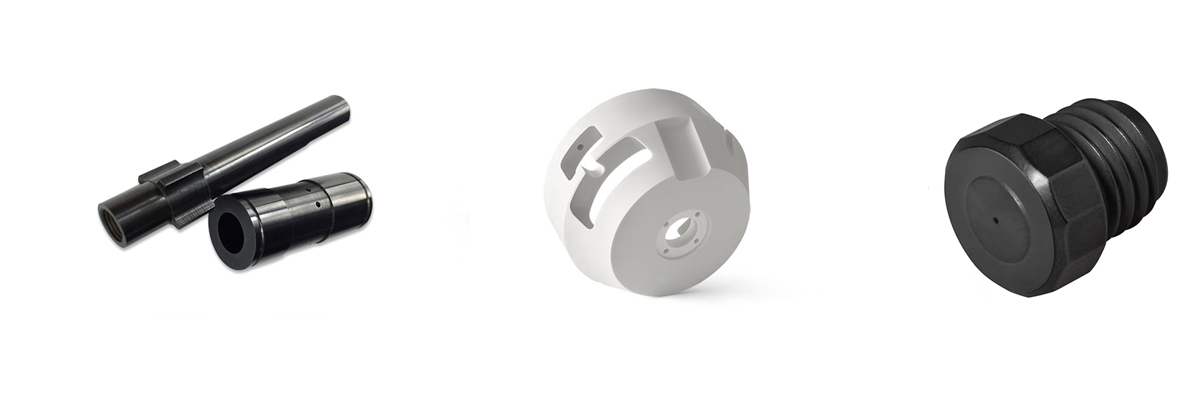
Send us your designs and specifications for a free quotation
All uploaded files are secure and confidential
Advantages of Ceramic Injection Molding Service
Our Ceramic Injection Molding Service leverages advanced techniques to produce intricate, high-precision ceramic components ideal for demanding applications. Enjoy superior material efficiency and enhanced thermal performance.
CIM Vs. PCM
Ceramic Injection Molding (CIM) and Powder Compression Molding (PCM) are specialized techniques for forming complex and simple shapes respectively. CIM offers high precision for ceramic materials, making it suitable for detailed components in high-tech industries, whereas PCM is more cost-effective for simpler, high-volume parts.
Ceramic Injection Molding Parts Applications
Our ceramic injection molding process delivers high-performance parts with superior heat resistance and durability. Explore a wide range of applications across multiple industries for advanced ceramic components.
Ceramic Injection Molding (CIM) Materials
How Ceramic Injection Molding Works?
Ceramic Injection Molding (CIM) is a sophisticated manufacturing process that merges the versatility of plastic injection molding with the advanced material properties of ceramics. It's a preferred choice for producing complex, high-precision ceramic components on a large scale.
Custom Parts Surface Finishing Available
Our Surface Treatment Service offers specialized finishes for custom parts, enhancing durability, aesthetics, and performance. We provide a range of processes, including Electroplating, Anodizing, Powder Coating, and Thermal Barrier Coatings, tailored to improve corrosion resistance, wear properties, and visual appeal of metal and plastic components across industries.
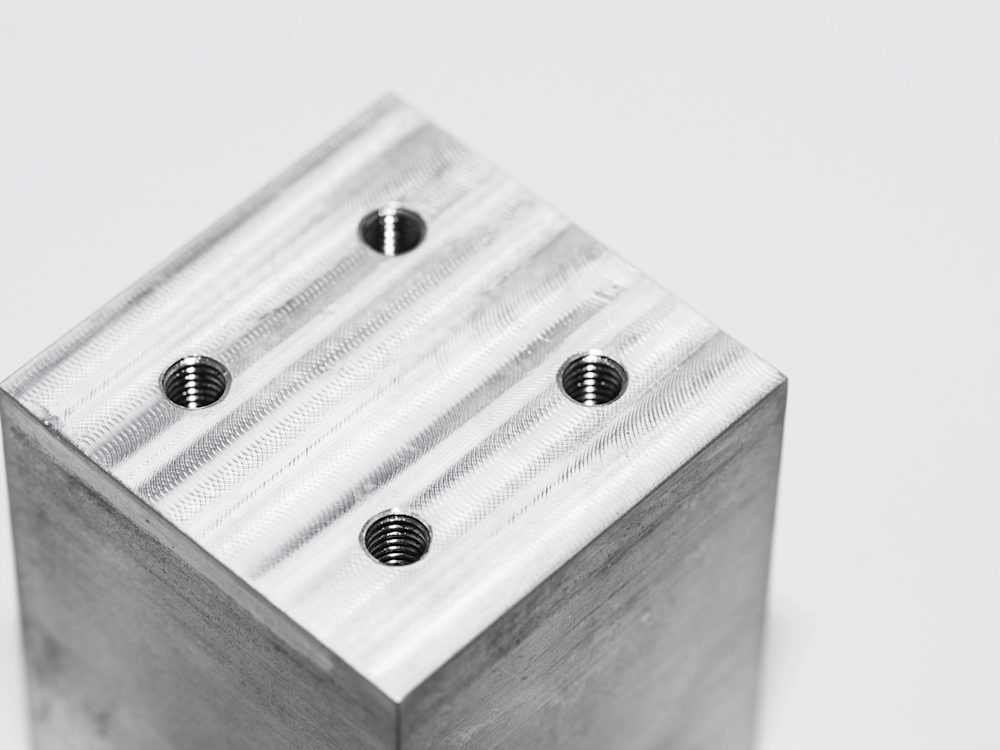
learn more
As Machined
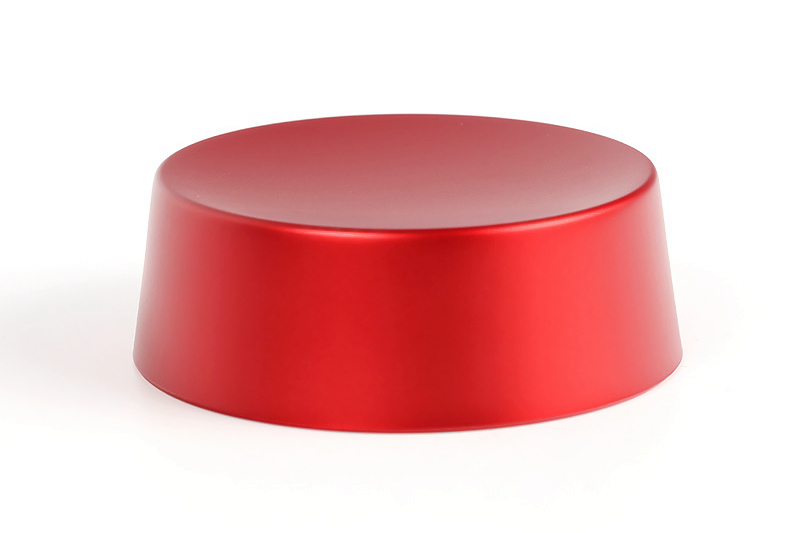
learn more
Painting
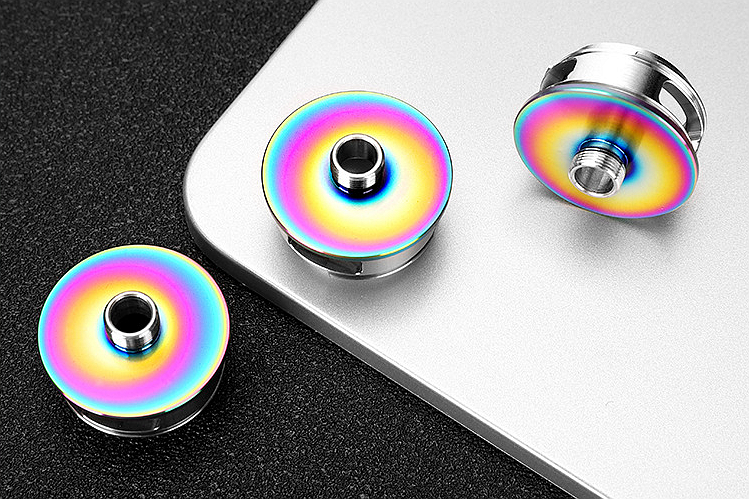
learn more
PVD
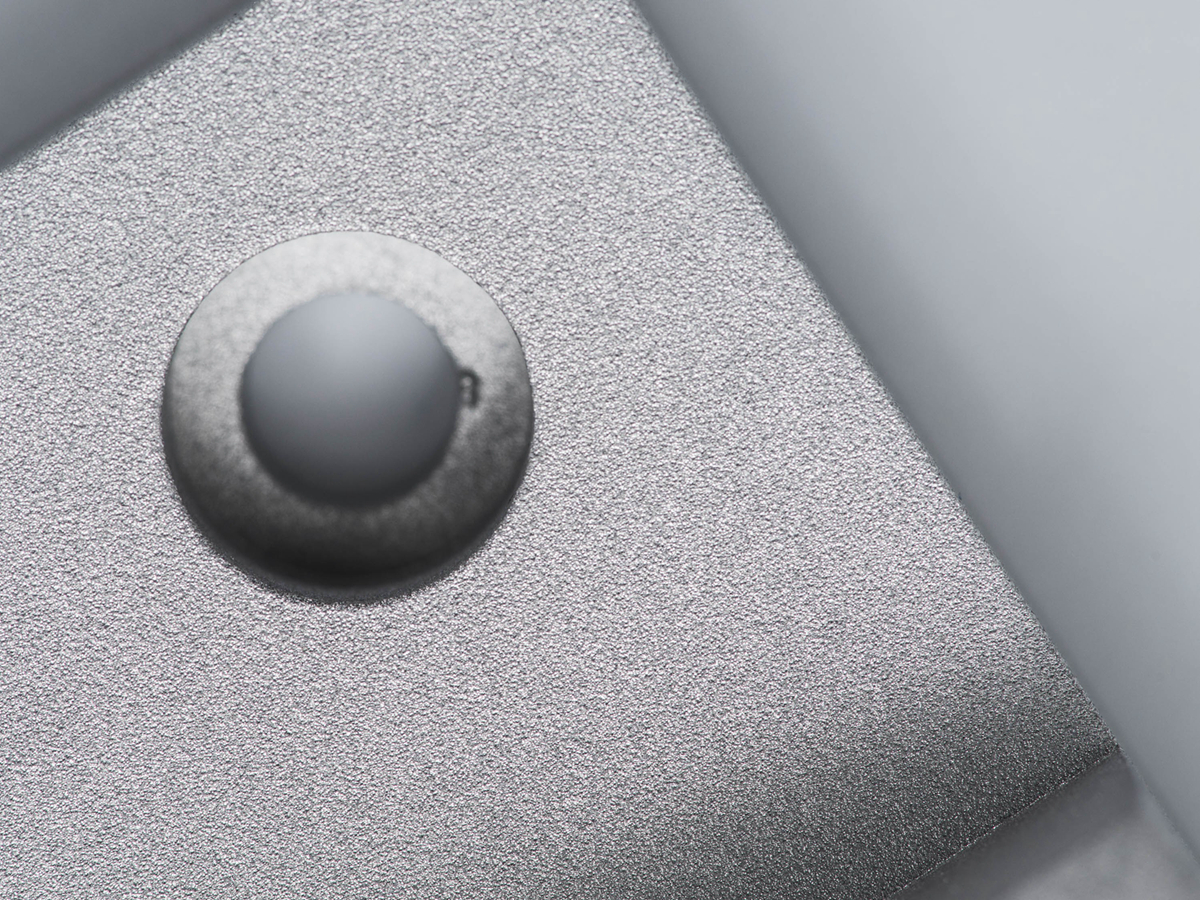
learn more
Sandblasting
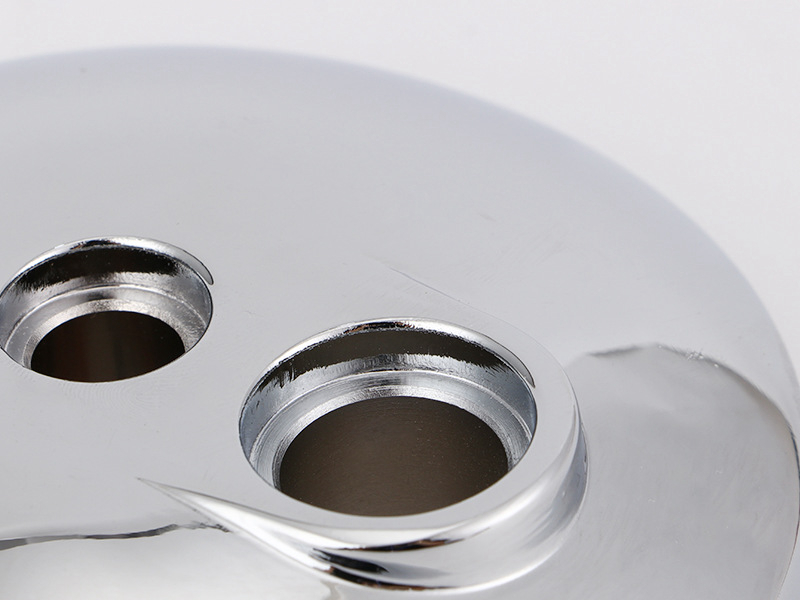
learn more
Electroplating
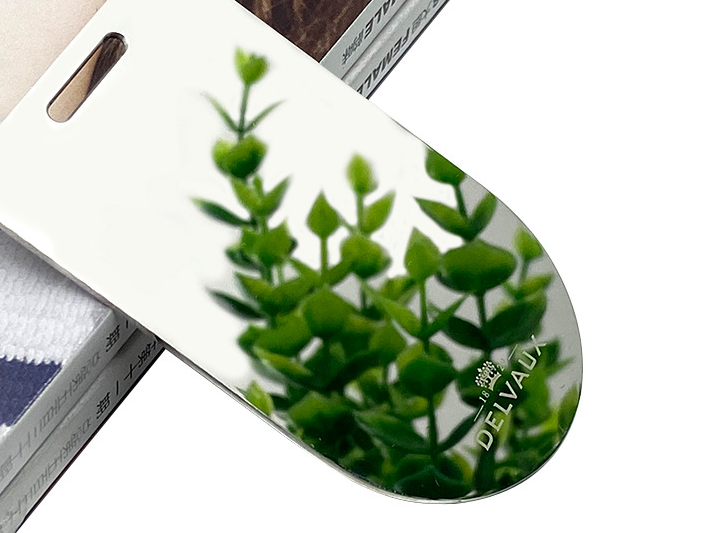
learn more
Polishing
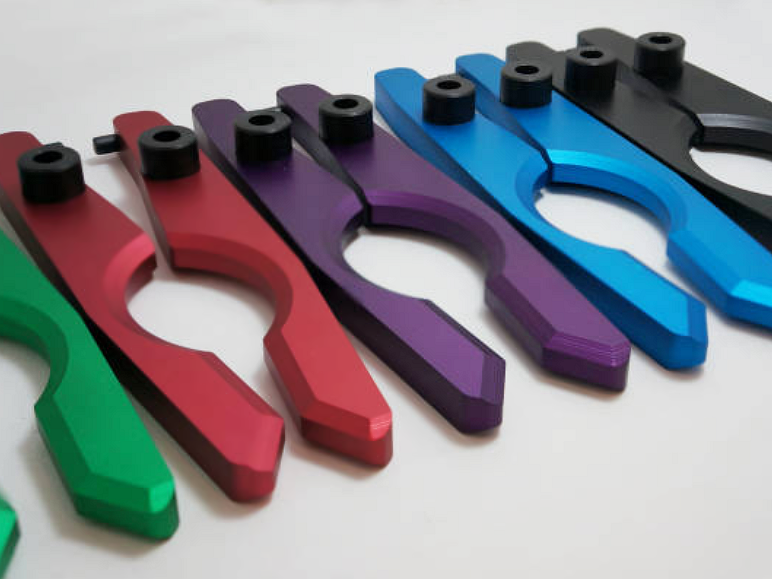
learn more
Anodizing
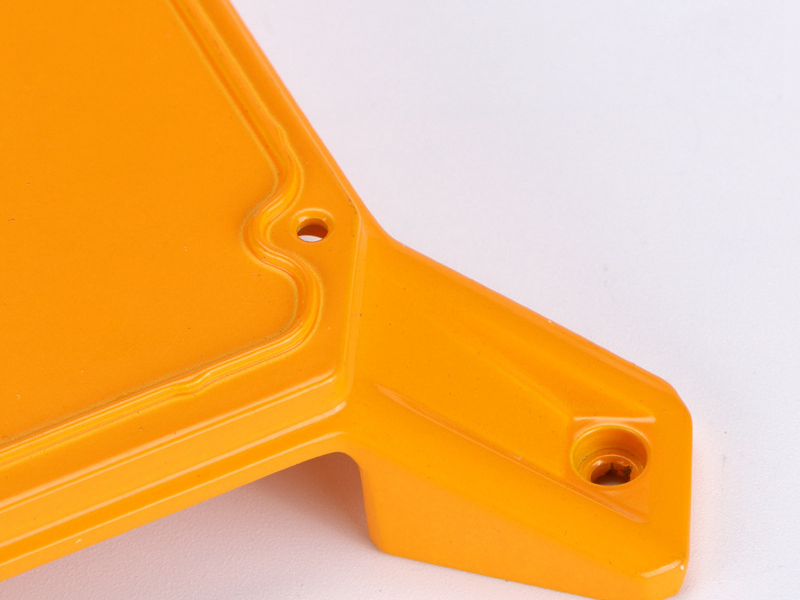
learn more
Powder Coating
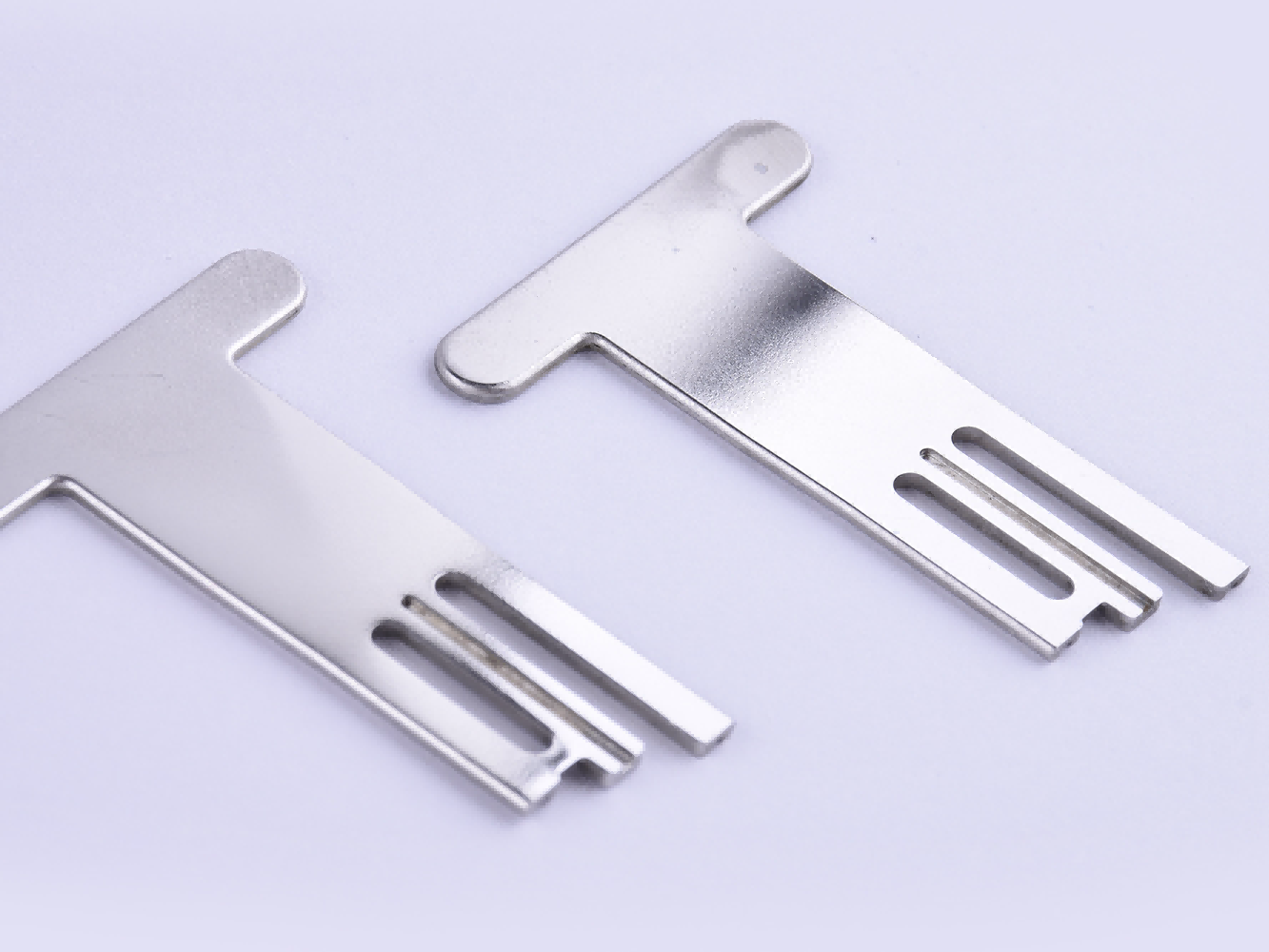
learn more
Electropolishing
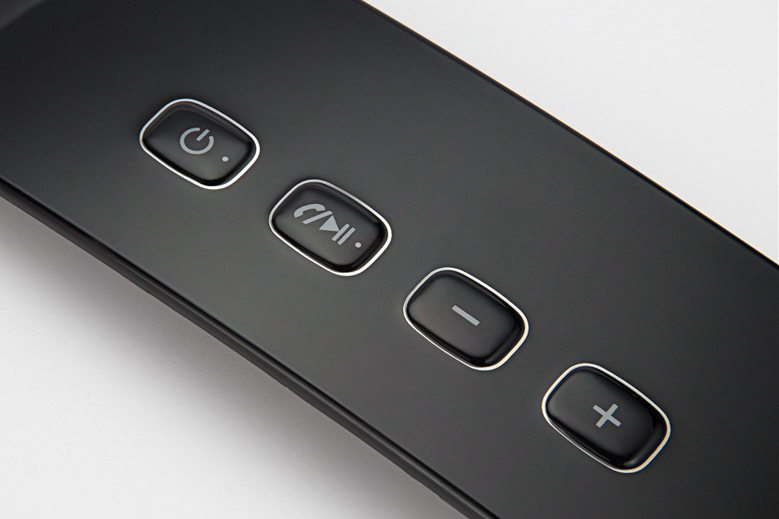
learn more
IMD
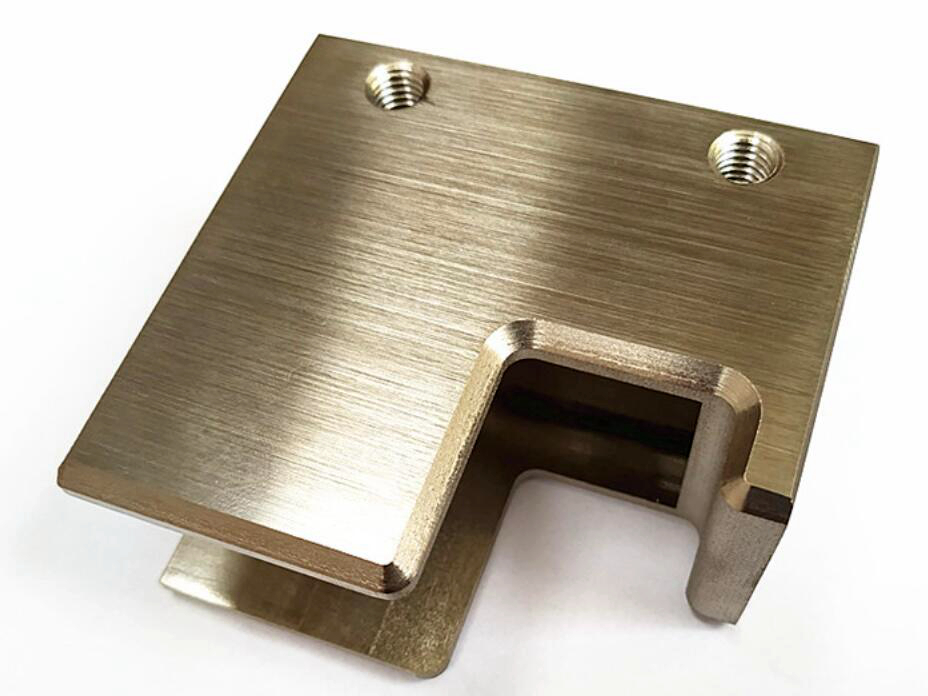
learn more
Brushed Finishes
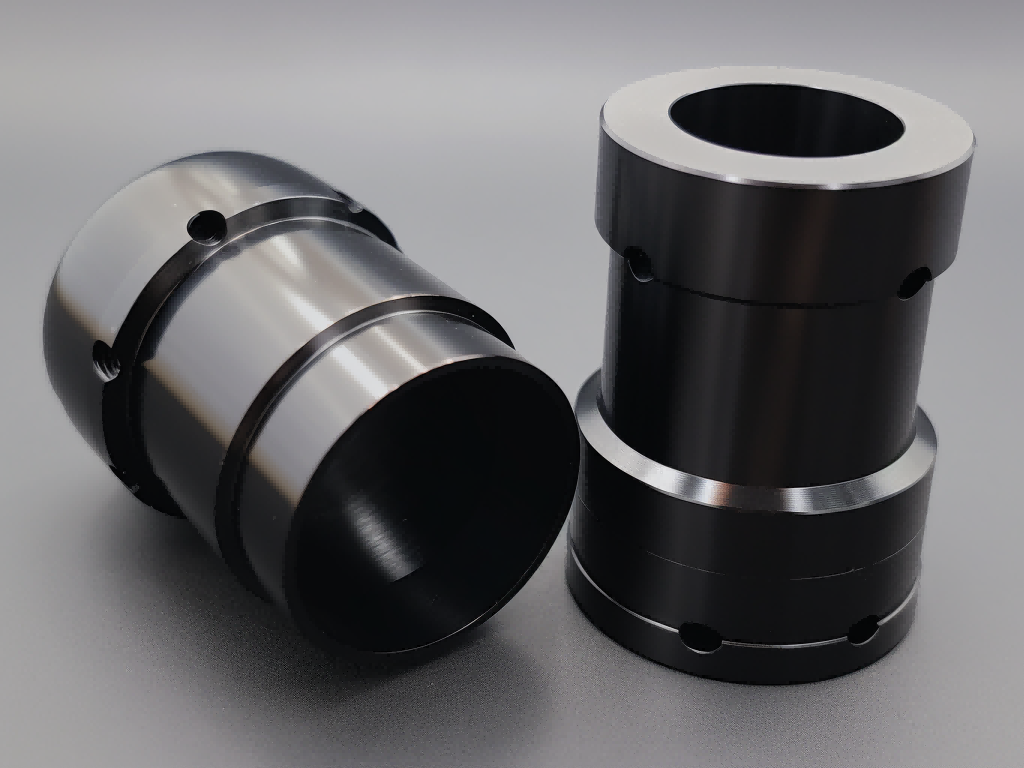
learn more
Black Oxide
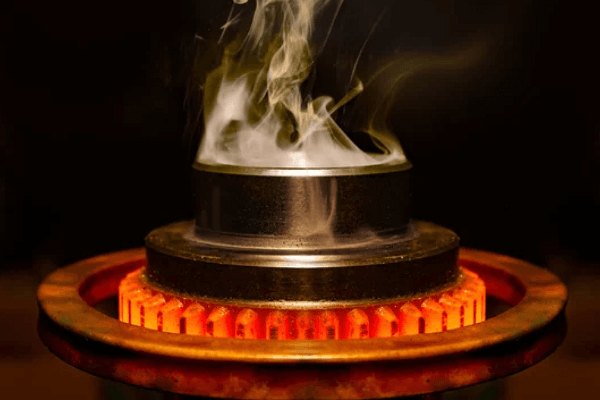
learn more
Heat Treatment
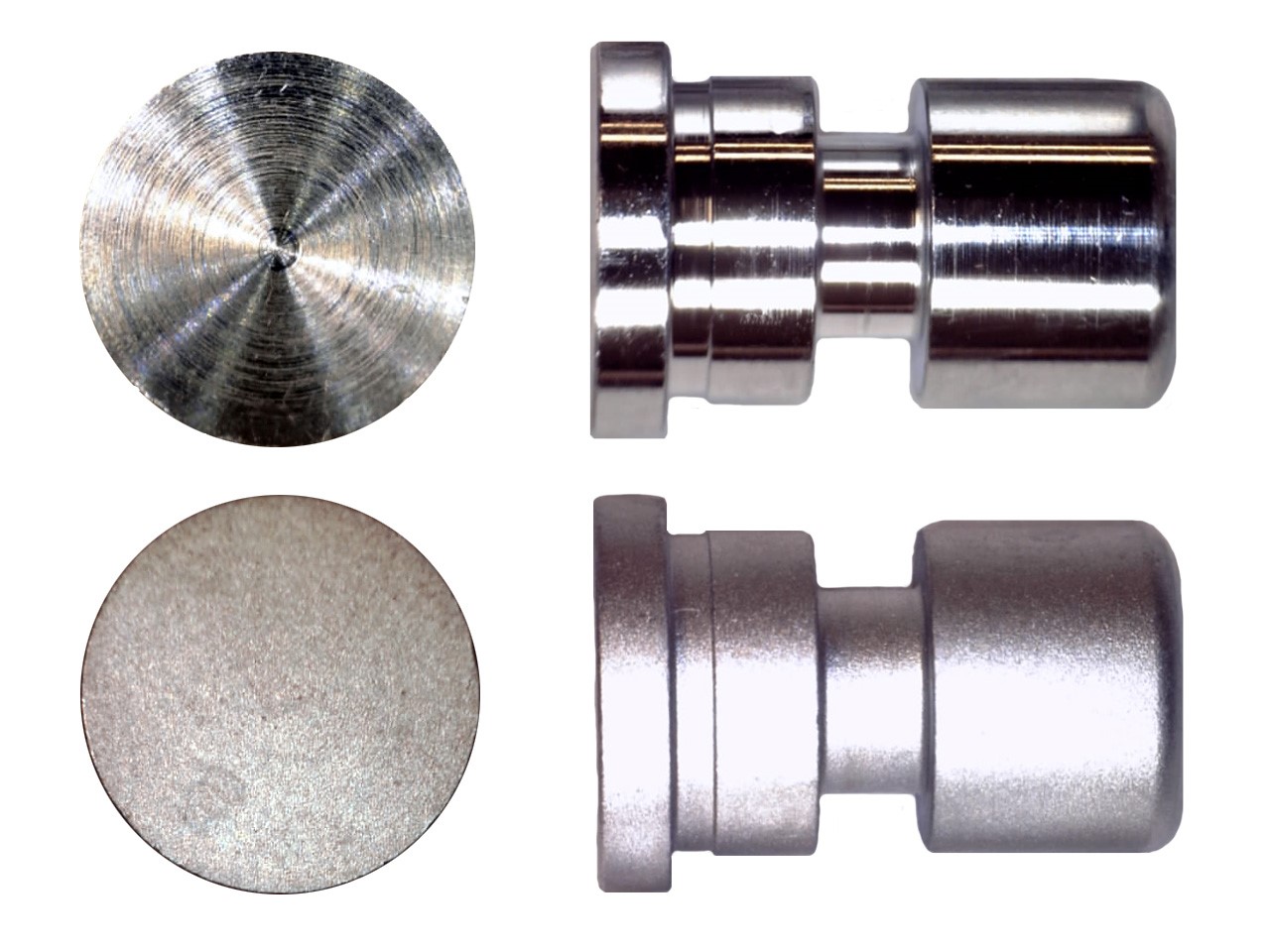
learn more
Tumbling
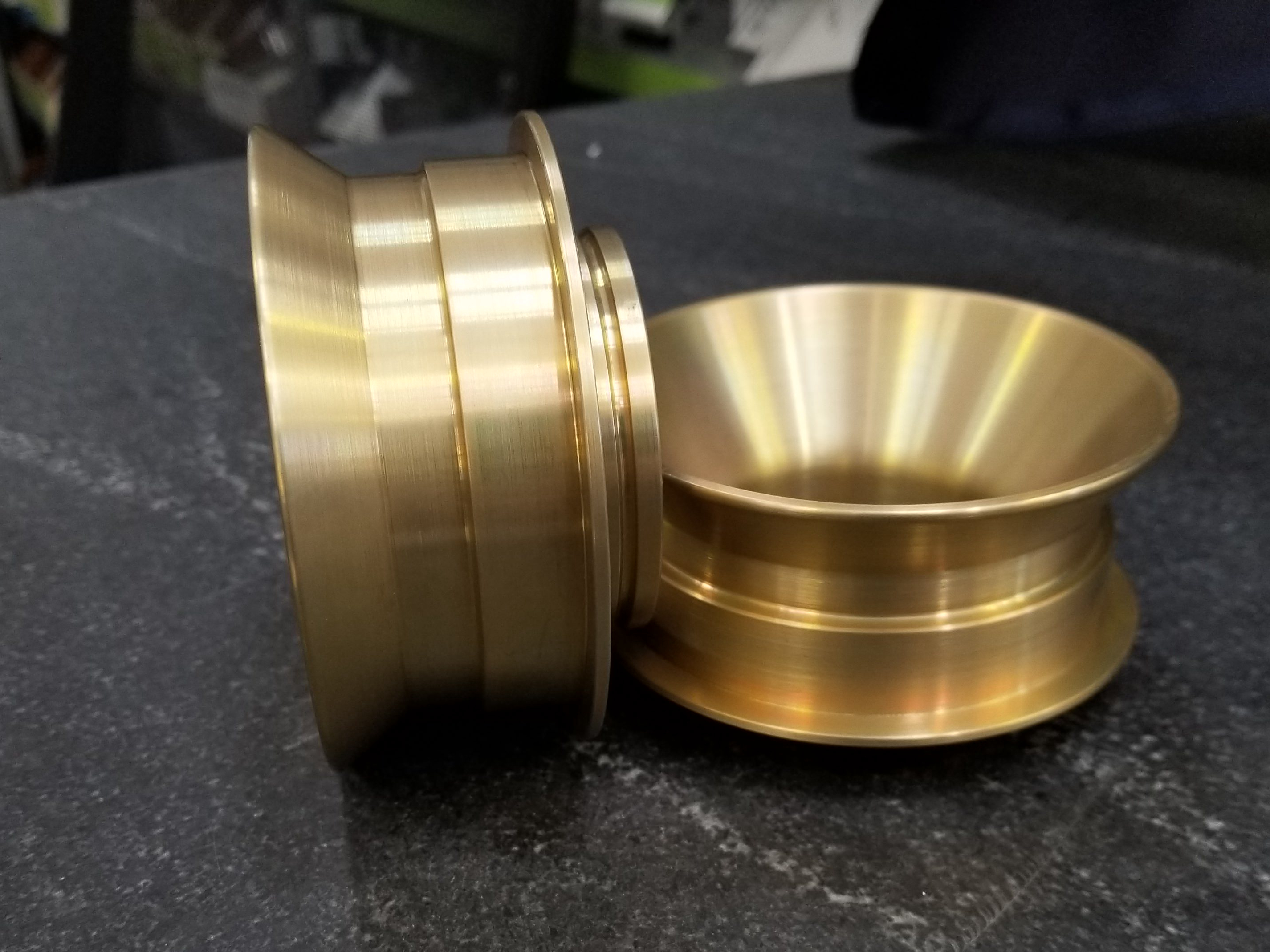
learn more
Alodine
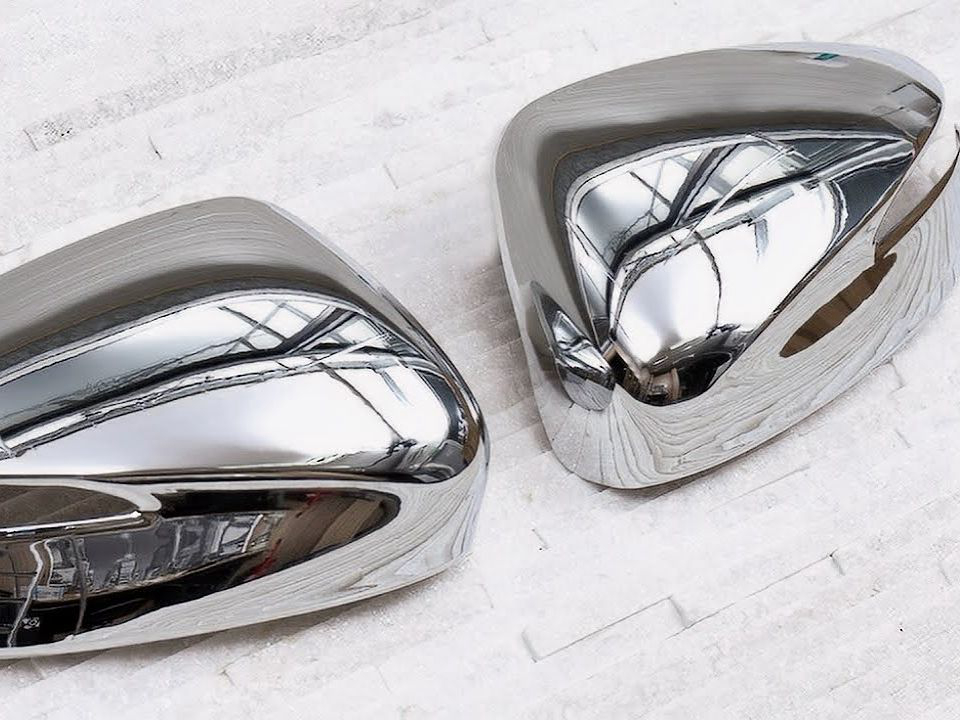
learn more
Chrome Plating
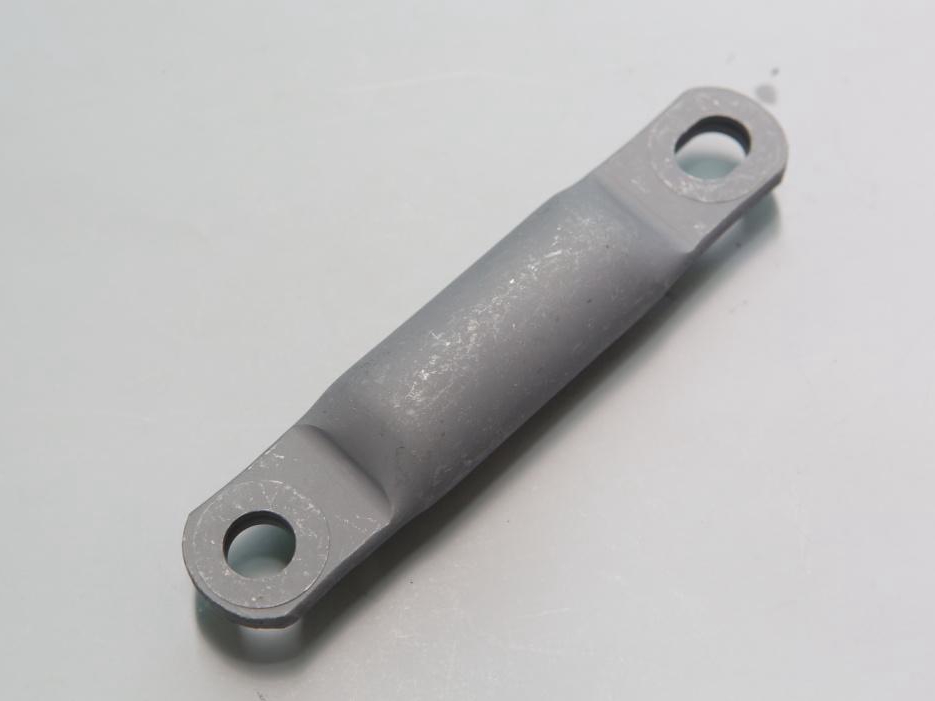
learn more
Phosphating
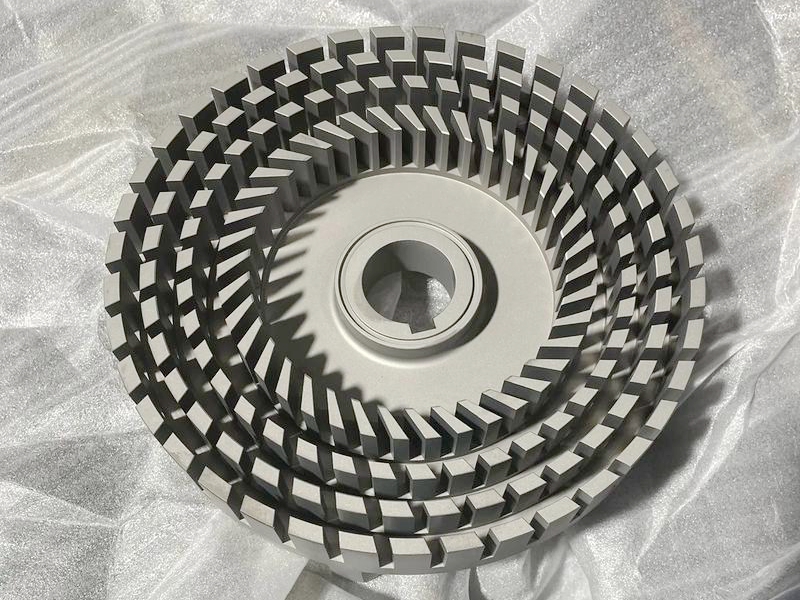
learn more
Nitriding
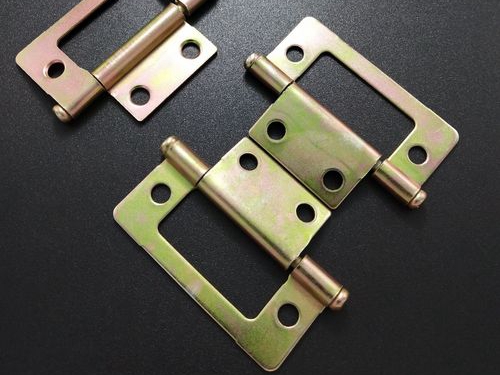
learn more
Galvanizing
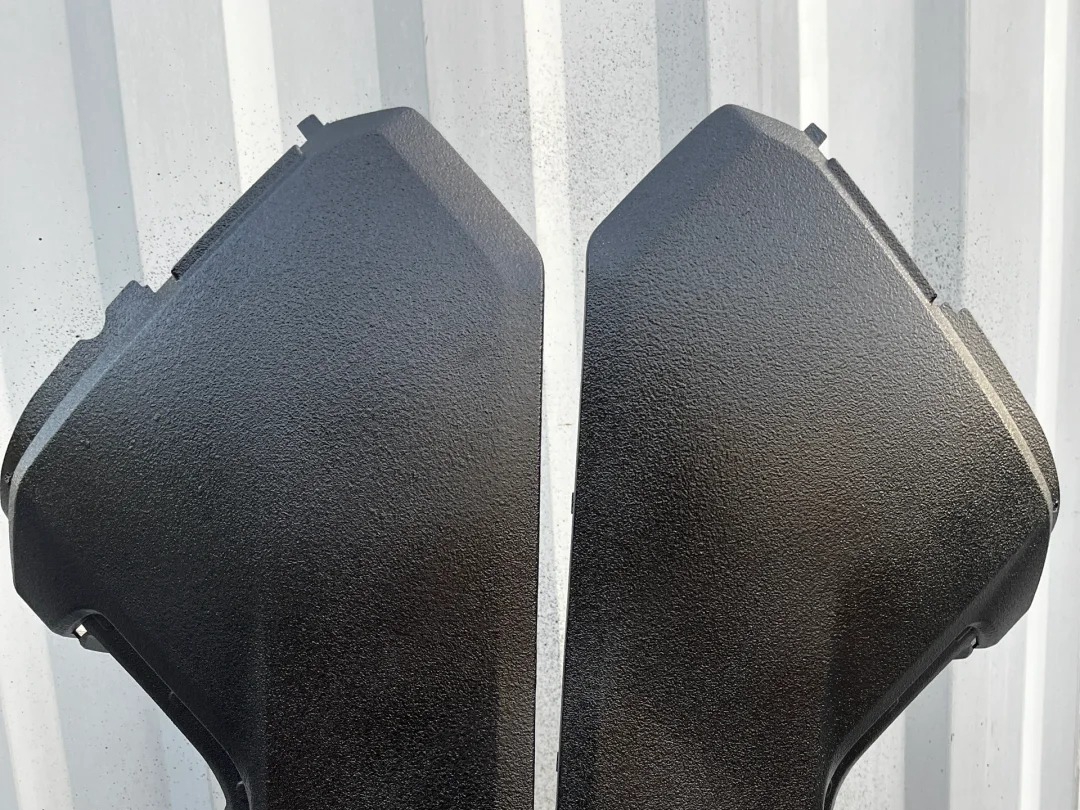
learn more
Lacquer Coating
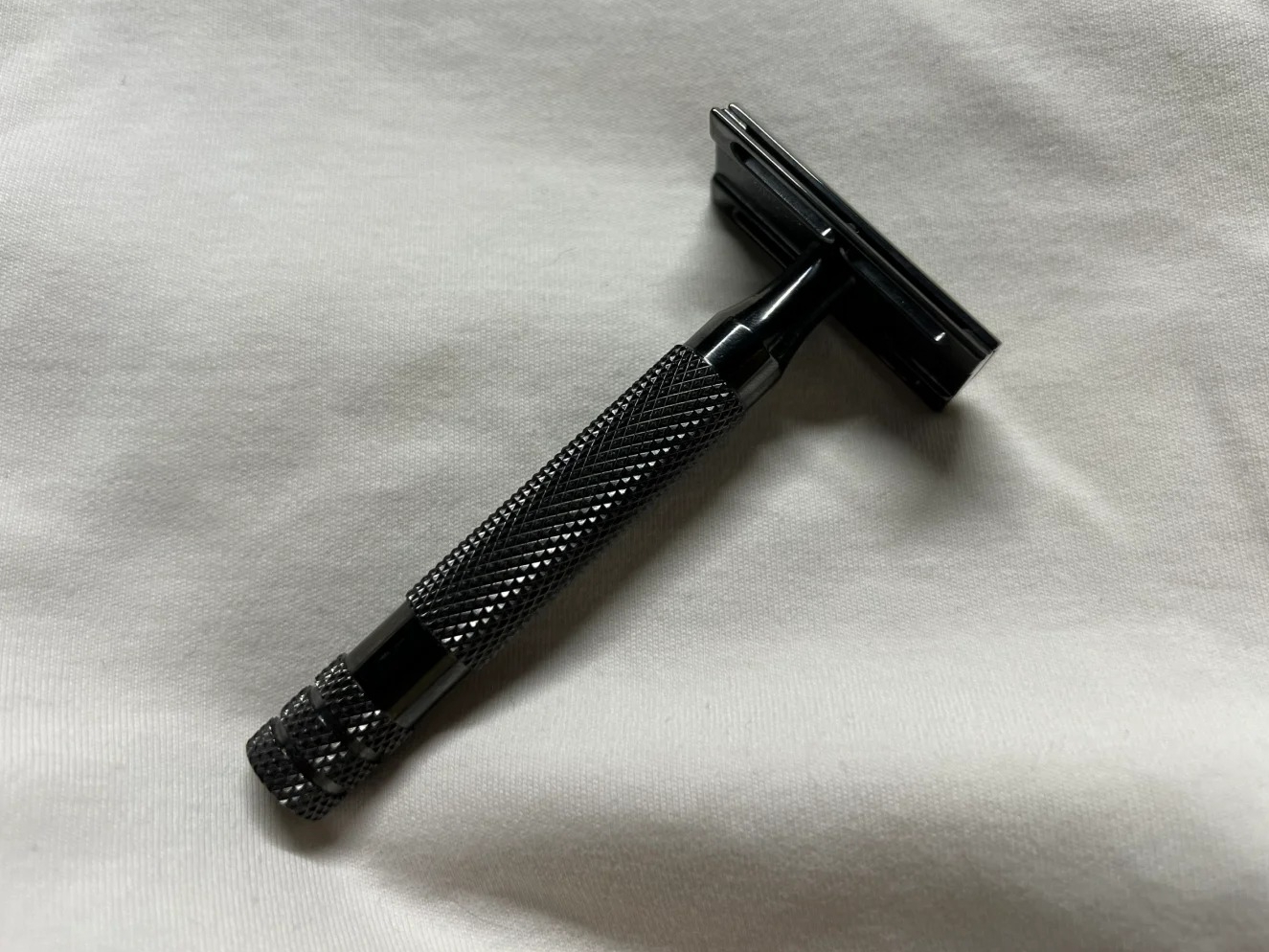
learn more
Teflon Coating
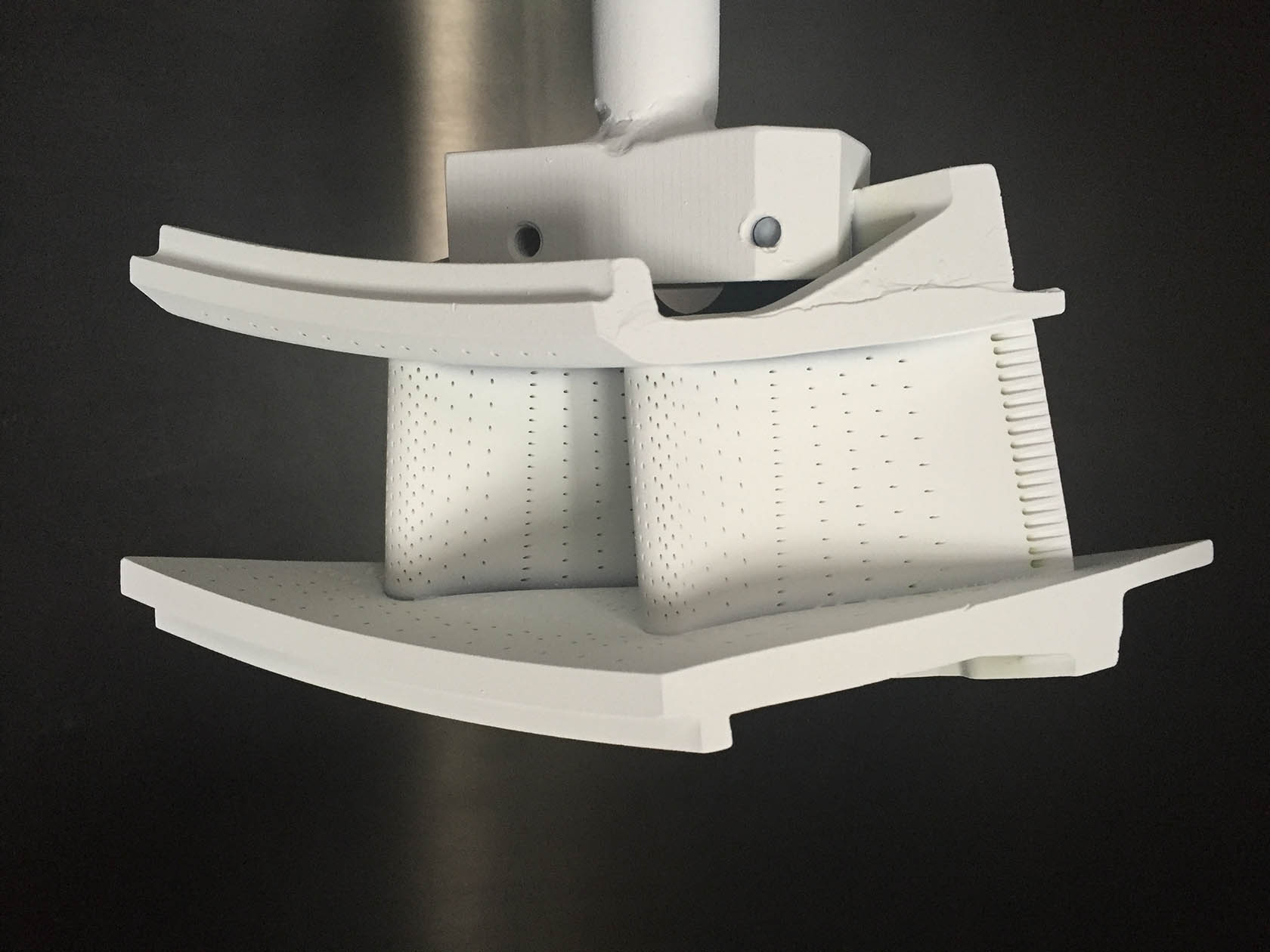
learn more
Thermal Coatings
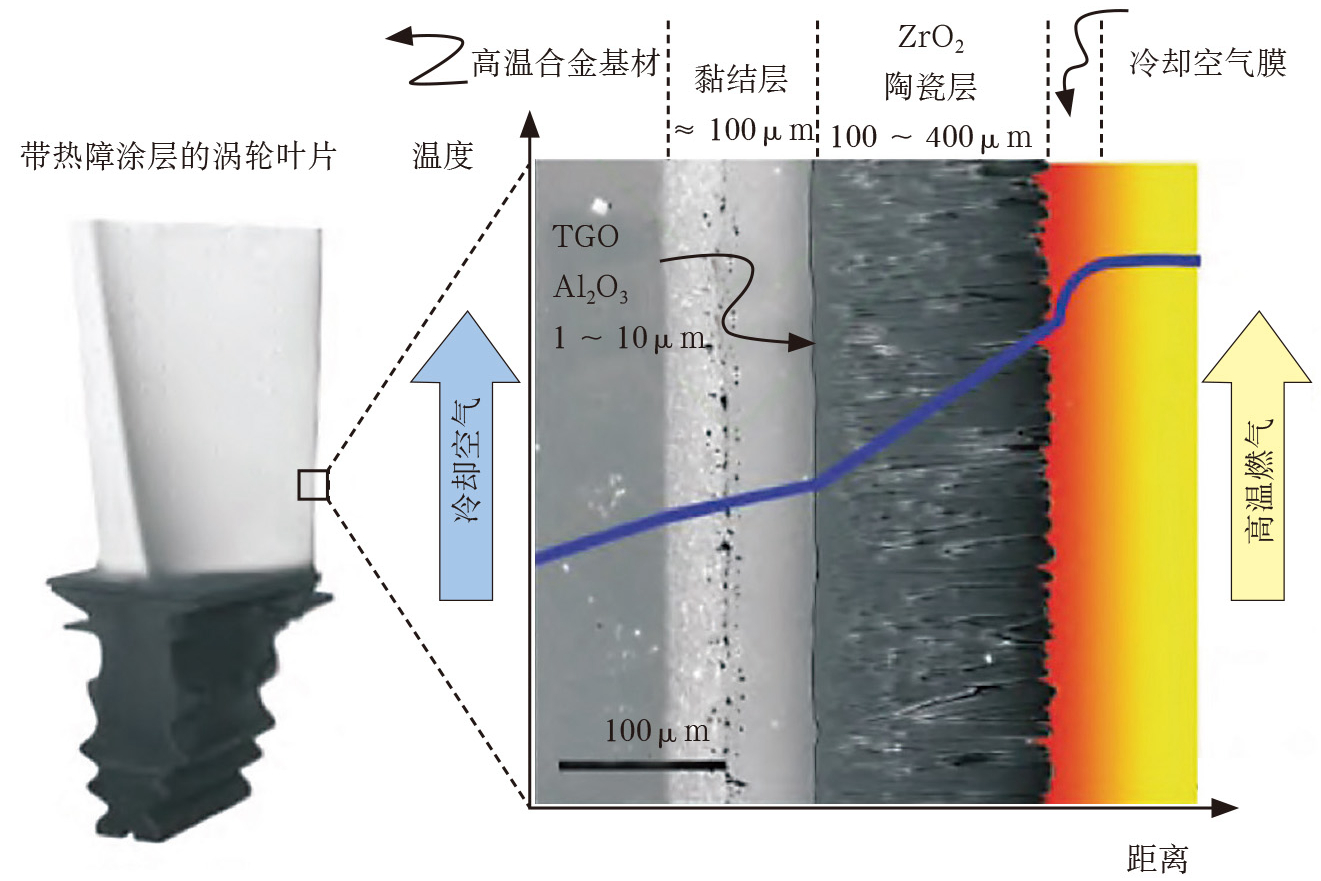
learn more
Thermal Barrier Coatings
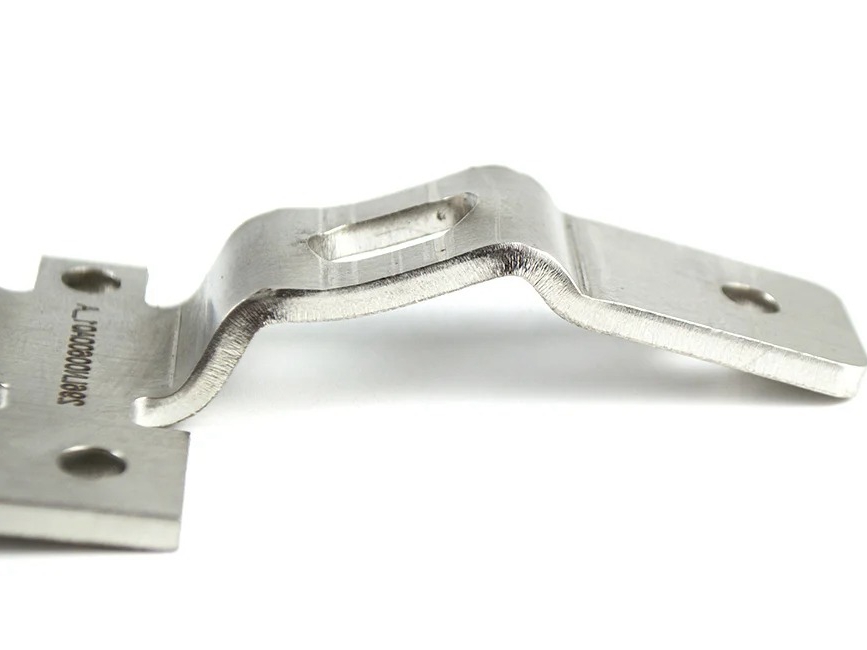
learn more
Passivation
Custom Parts Gallery
At our custom parts gallery, we understand that every project is unique. That's why we work closely with our customers to ensure that their custom parts are designed to meet their exact specifications. With our attention to detail and commitment to quality, you can trust that your custom parts will exceed your expectations.
Let's Start A New Project Today
CIM Parts Design Suggestion
Better understand the process limits of ceramic injection molding, such as size, tolerance, wall thickness, and optimal production quantities. Use these guidelines as a reference to refine your CIM part design and reduce production costs.
Frequently Asked Questions
Explore Related Resources
Solutions
Copyright © 2025 Neway Precision Works Ltd.All Rights Reserved.
